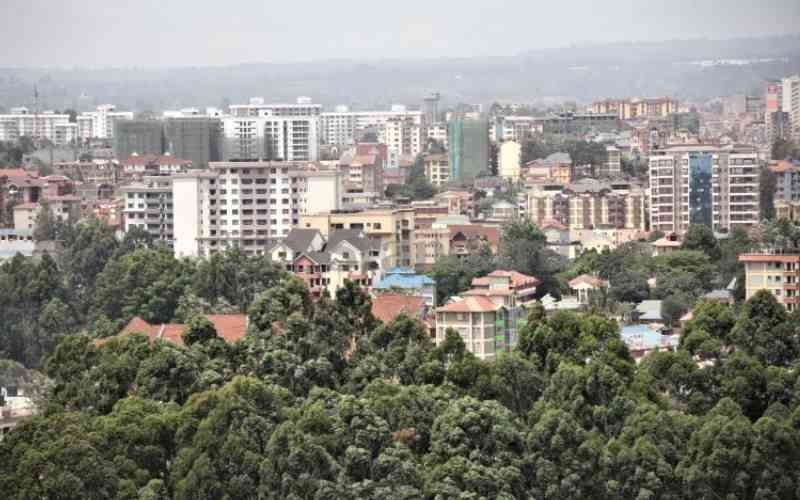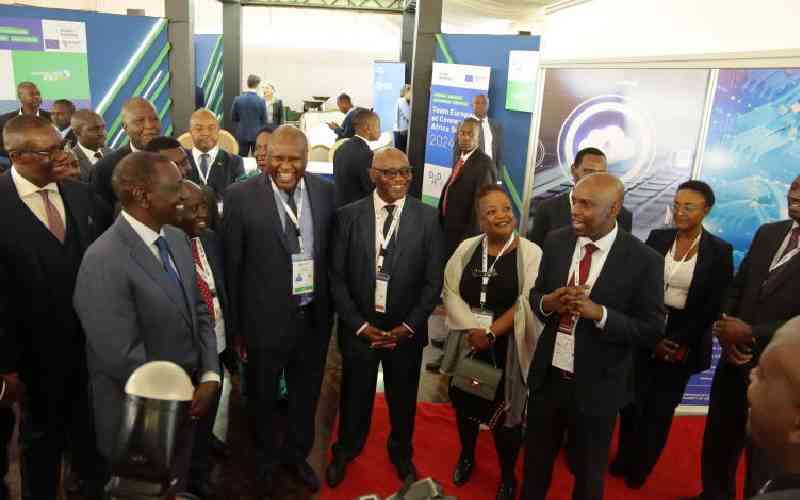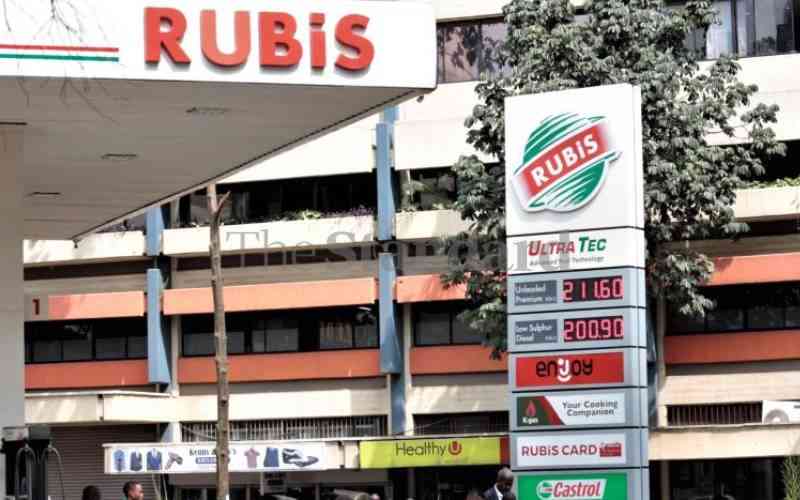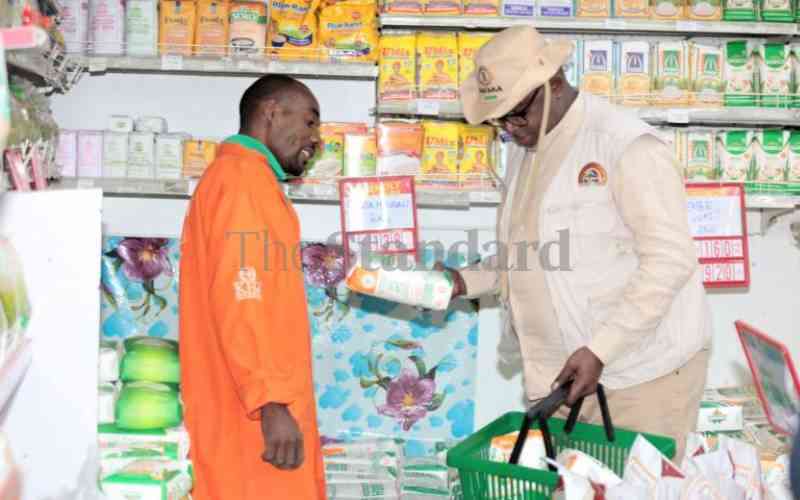By Macharia Kamau
The once vibrant Kenya Industrial Estates (KIE), whose presence was felt all over the country, but was brought to its knees by corrupt state officials, wants to reclaim its lost glory.
The state-owned firm has embarked on a plan that is expected to realign its operations with market needs.
The parastatal, which started out in 1967 as a subsidiary of the country’s Industrial and Commercial Development Corporation, was mandated to incubate and finance small and medium sized businesses in manufacturing.
However, massive corruption and mismanagement saw the corporation being fleeced of its assets over time, almost rendering it a shell.
Plunder has ensured that the corporation, which was supposed to nurture nascent manufacturing industries, been unable to adjust to market dynamics, to a point that it is almost irrelevant today.
The institution has grossly underperformed in the 43 years since inception, having cumulatively financed 11,000 enterprises at a cost of Sh2 billion, which it says has had an impact of creating over 200,000 direct jobs in all corners of the country.
Much of this was done shortly after inception in the 1970s and 80s.
Kenya Industrial Estates (KIE) Managing Director Julius Mokogi says while plunder was a factor in the decline of the institution, under funding by the Government has also played part in the poor performance seen in the last two decades.
seat of innovation
KIE had branches countrywide up to mid 1980s, but mismanagement has seen it left with only a handful of centres nationally, crippling what would have been a seat of innovation for manufacturing industries in the country.
Mr Mokogi said the institution is now set to reclaim the stature it had especially in the 1970s and early 80s. In what he terms as the corporation’s turnaround strategy, KIE will start out by acquiring land across the country to increase its presence at regional levels.
Currently, there are 25 branches but Mokogi said there are plans to double the number in the next three years.
And in its business of incubating and financing small enterprises, he said KIE would pay special focus on leather and agri-businesses in its incubation and SME financing work.
"We have embarked on a turn around strategy this year. Other than modernising our operations and the management systems to respond to the market needs, we are also re-emphasising our core business which is business incubation,’’ he told Financial Journal.
‘‘The corporation will also work towards diversification of revenue streams to make our operations sustainable and less dependent on Government for funding.’
’
It has set aside Sh300 million for the reorganisation within the institution, which will include modernising the management systems, renovation of existing facilities and increase its fleet of vehicles.
The MD maintained that modernising of the institution will be in sync with today’s diverse and complex market needs.
limited funds
‘‘To be in a position to effectively execute our core mandate of businesses incubation, we need over Sh1 billion to realign the organisation. But the funds that we have been allocated by Treasury may not be enough. This is why the restructuring is being carried out in phases,’’ he said.
Mokogi is confident that in this financial year, KIE would put up more than100 industrial sheds for small firms mostly in manufacturing to carry out their business.
‘‘We are also planning to finance 4,000 entrepreneurs and create 3,000 direct jobs... the institution has capacity to do more but is held back by limited resources,’’ said Mokogi.
He said key focus would be on manufacturing as well as value addition of agricultural commodities.
value addition
‘‘In recent months, there has been a move to revive the leather industry and we have received applications from entrepreneurs in the sector. So far, we have started with a number of them that want to set up leather based industries,’’ he said.
‘‘KIE, he said, was keen on agro-industries, anything that involves value addition in agricultural produce. We are geared to achieve vision 2030, the Government economic blue print and manufacturing will be a key driverof industrialisation,’’ he added.
The institution is also angling itself to tap into small and medium enterprises kitty that was allocated Sh3.8 billion in this year’s budget.
It has already applied to Treasury for the allocation of some of the money for disbursement.
It, however, faces competition from banks that have proved capable of funding and disbursing money to two other such kitties, the Youth and Women Enterprise Funds.
The banks are also in a position to march the money allocated by the Government and increase the amounts available to SMEs, which KIE has no such financial muscle.
[email protected]
 The Standard Group Plc is a multi-media organization with investments in media
platforms spanning newspaper print operations, television, radio broadcasting,
digital and online services. The Standard Group is recognized as a leading
multi-media house in Kenya with a key influence in matters of national and
international interest.
The Standard Group Plc is a multi-media organization with investments in media
platforms spanning newspaper print operations, television, radio broadcasting,
digital and online services. The Standard Group is recognized as a leading
multi-media house in Kenya with a key influence in matters of national and
international interest.
 The Standard Group Plc is a multi-media organization with investments in media
platforms spanning newspaper print operations, television, radio broadcasting,
digital and online services. The Standard Group is recognized as a leading
multi-media house in Kenya with a key influence in matters of national and
international interest.
The Standard Group Plc is a multi-media organization with investments in media
platforms spanning newspaper print operations, television, radio broadcasting,
digital and online services. The Standard Group is recognized as a leading
multi-media house in Kenya with a key influence in matters of national and
international interest.









